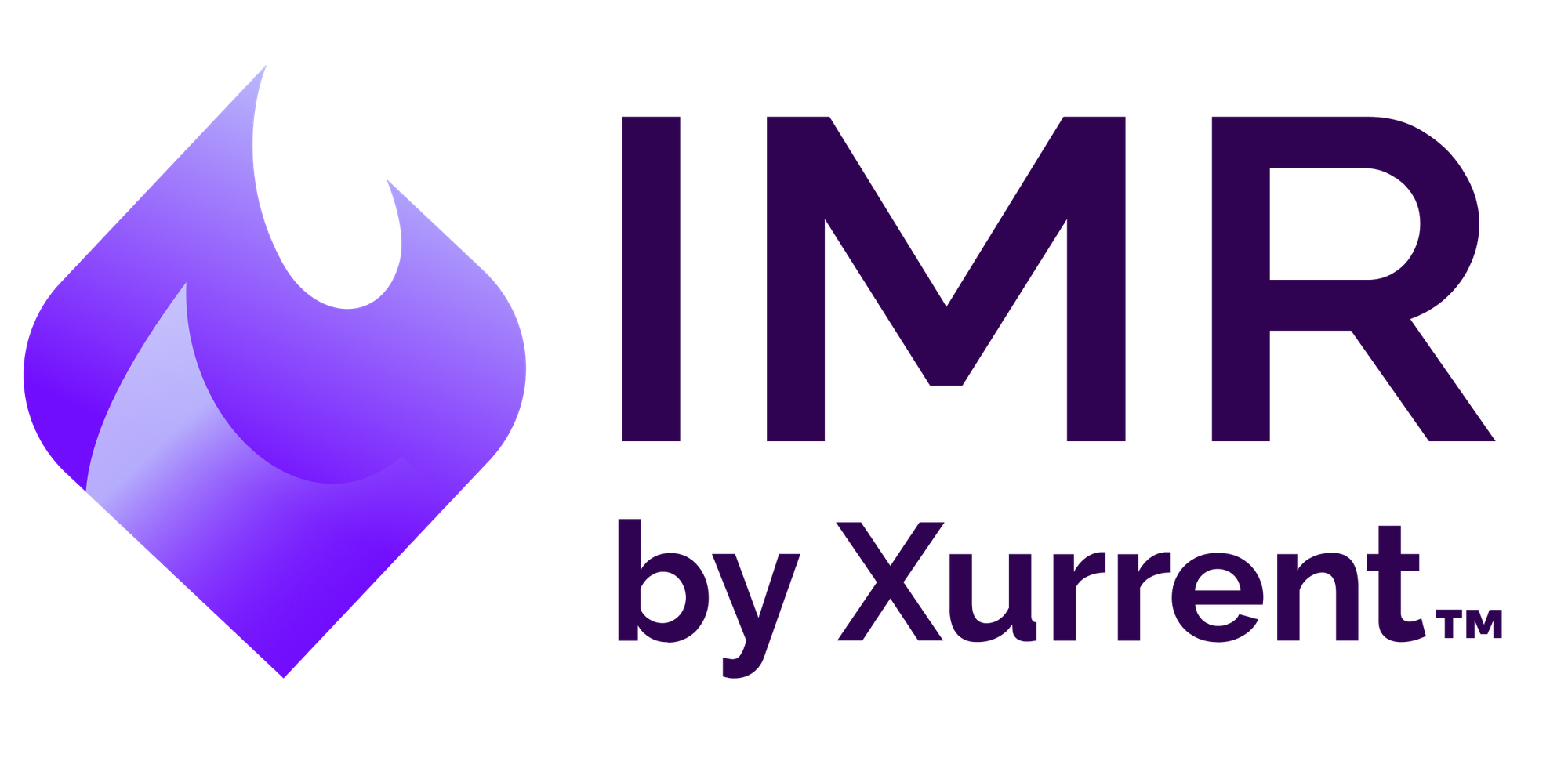It's a known issue - How Product Managers should deal with issue or feature related enquiries or feedback

Last updated
I often hear folks in my network being triggered by interactions with product managers within their companies whenever they follow up on certain product-related issues. The triggering phrase invariably is “It’s a known issue”. And they often wonder, well if it’s a known issue, why on earth isn’t anything done about it?
Now, assuming that the Product Manager isn’t lying about the fact that it is known, and that they report to you, you either trust their ability to prioritize or you don’t. If you do trust them but this type of situation happens often or is still jarring, you two probably need to communicate better or more frequently. Regardless of whether you have an issue that you found with the product, if you have a beef with the fact that it hasn’t been addressed, give your pitch on why the problem is so important to solve now so you can open the PM’s eyes to something they may have missed. If you still have a beef with it not getting done, then either the communication needs to be improved between you two or you need to define a more clear set of heuristics for decision-making that you both can buy into (i.e. Product Vision, strategy, OKRs, Business/Customer Success metrics).
From a PM’s standpoint, saying that someone’s opinion doesn’t matter when it comes to other parts of the product may point to a broken culture. One might not have any decision making power but a good culture would embrace feedback - especially when it’s well-founded. PM’s shouldn’t care if feedback or enquiries comes from the CEO or an intern. Secondly, a good PM would start investigating the feedback by asking questions and trying to get to the root of the problem. While doing so is important, the giver of the feedback can sometimes feel like their efforts aren’t appreciated and so it is important to lead with some kind of “thank you” than to jump straight to fact-finding and problem discovery. Certainly, if a PM responds only by stating that the problem is known, that doesn’t do anything to help build relations and encourage more feedback sharing. Responding in a constructive manner is important. You can try, for example - “Thanks for pointing it out! we have this in our backlog, feel free to follow the JIRA for updates” or “that’s a good point, we’ve actually deprioritized this for now here’s our thought process” or “this is super helpful! we’ve seen similar reports in the past. We’ll keep this in mind”.
Looking for an end-to-end incident alerting, on-call scheduling and response orchestration platform?
Sign up for a 14-day free trial of Zenduty. No CC required. Implement modern incident response and SRE best practices within your production operations and provide industry-leading SLAs to your customers
Shubham Bhaskar Sharma
Time travelling through entropy



